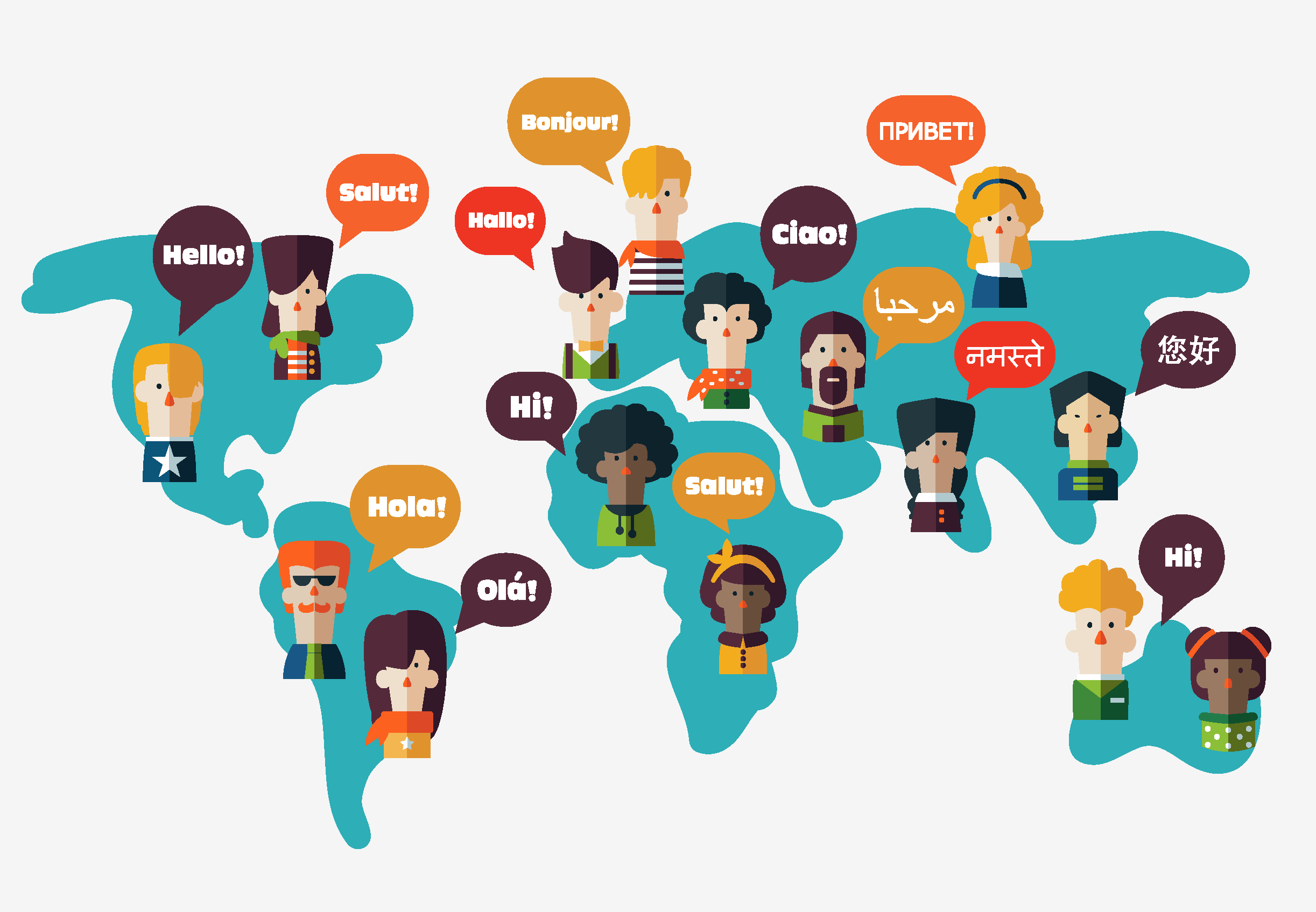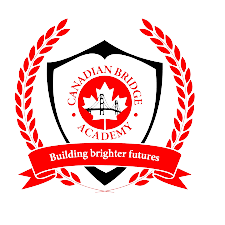


Language is an essential component of life since it is the medium through which human culture, identity, and knowledge are transmitted. It captures the history, communal wisdom, and distinctive viewpoints of communities. On the other hand, the diversity of human expression and intellectual legacy are seriously threatened by the languages that are rapidly disappearing from the planet. This article looks at the value of language preservation, the difficulties endangered languages confront, and the tactics that are essential to their continued existence.
Recognizing Endangered Languages
Language extinction is the process by which a language loses its use and eventually vanishes from civilization. One language goes extinct every seventy years, according to estimates from the United Nations Educational, Scientific, and Cultural Organization (UNESCO), which puts about 40% of the 7,000 languages spoken worldwide in risk of extinction.
Spoken by older people or small populations, endangered languages are frequently stigmatized and under threat from absorption into dominant cultures or languages.
The Value of Maintaining Linguistic Diversity
Maintaining intergenerational information transfer and cultural diversity requires language preservation. Every language contributes immensely to the diversity of human legacy by encapsulating distinct worldviews, traditional knowledge, and social systems. Losing a language is equivalent to losing one’s unique perspective on the world, one’s connection to history, and one’s style of thinking.
Dangers to Languages
Languages are endangered due to a number of reasons. Minority languages get marginalized as a result of urbanization, globalization, and the dominance of main languages. Political and economic factors also come into play, since governments may overlook linguistic diversity in favor of a dominant language in the name of economic expansion or national cohesion.
Language loss is also accelerated by intergenerational transmission, a lack of documentation, and institutional support.
Difficulties with Preserving Language
There are many different obstacles involved in preserving endangered languages. These languages frequently have few written records or documentation, which makes preservation more challenging. Furthermore, it is a difficult effort to discover strategies to inspire younger generations, who are drawn to dominant languages and technological advancements, to learn and utilize endangered languages. Preservation efforts are hampered by a lack of standardized teaching materials, institutional support, and limited finance.
Methodologies for Maintaining Language
A diversified strategy is needed for endangered language preservation efforts. The most important thing is documentation: making grammars, dictionaries, and audiovisual records to preserve language information. In order to cultivate pride and enthusiasm in the language among younger generations, community involvement and empowerment are essential.

Language revitalization can be facilitated by digital resources. Maintaining endangered languages also depends critically on cooperation between linguists, governments, indigenous populations, and technological developments in language preservation instruments.
Success Stories for the Preserving of Language: number of achievements demonstrate the potential for language revival. One example of how coordinated efforts can bring back a language is the recovery of Hebrew from a moribund language to a language spoken on a daily basis in Israel. In a similar vein, Maori in New Zealand underwent a renaissance thanks to government assistance and educational programs, which improved younger generations’ fluency.
In summary
It is not just about maintaining linguistic diversity but also about preserving human identity, culture, and legacy when it comes to endangered languages. The elimination of a distinct viewpoint on life is symbolized by the loss of a language. It is critical to understand how urgent this is so as to
address this problem and work together to protect linguistic diversity. We celebrate the diversity of human expression by embracing and defending endangered languages, promoting a more inclusive and diverse global community.
In conclusion, communities, governments, linguists, and international organizations must work together to preserve endangered languages. It is a dedication to upholding the rich fabric of human expression, respecting cultural variety, and protecting legacy. By embracing linguistic diversity, we make sure that any language—no matter how tiny—does not disappear, enhancing the cultural landscape of the world for future generations.
Article by Michelle Ikaan
Grade 12 Homeroom Teacher

We are the only international school in Nigeria that offers 100% Ontario Ministry of Education approved Canadian (Ontario) curriculum from Grade 1 through 12.

 Copyright 2025 Canadian Bridge Academy | All rights reserved.
Copyright 2025 Canadian Bridge Academy | All rights reserved.